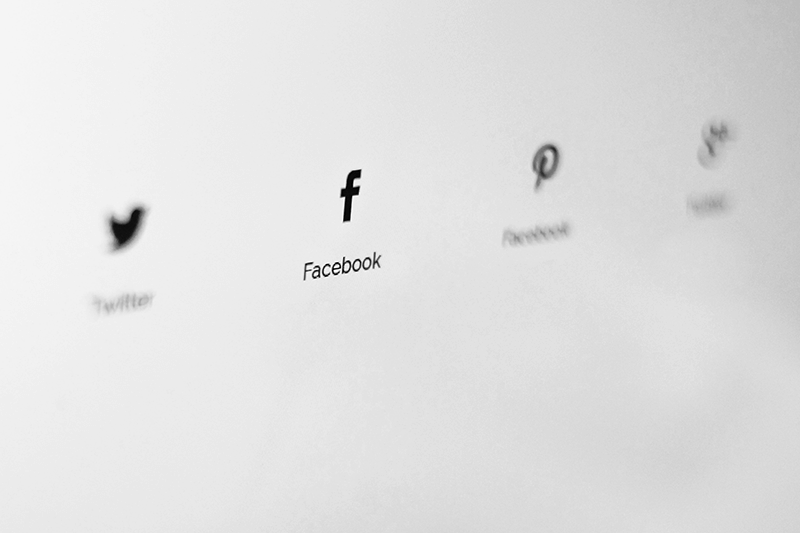Generation Z, a buzzword of the moment, is a hot topic in marketing but generally thought to be solidly in the realm of the B2C marketer. But, as the lines between the generations blur, and as Gen Z enters the workforce (and therefore B2B marketplace), what will be the implications for B2B demand generation and tech marketing?
[Disclaimer – this blog assumes, and refers to ‘Gen Z’ as a single homogenous group of people with exactly the same values and attitudes, which is obviously not the case..]
Who are Gen Z, and what are they like?
Generation Z are loosely defined as those born post-1995. They are likely to have grown up with immediate access to information at the touch of a button – they'll have had hundreds of channels on their TV box (as opposed to millenials, who were used to just 4), and will have been able to chat instantly to their friends before they’d even hit secondary school (unlike millenials, who will have grown up in a household with a landline, and dial-up internet).
They live in an age of TikTok, PewDiePie, and Fortnite. Given they’ve been obliterated by content since they learnt to read, and are used to instant gratification from content, you can assume that their attention spans are shorter, and more receptive to short-form, fast-paced, engaging content.
Additionally, this means there is a far greater breadth of opinions. Gen Z are more likely to pride themselves on their unique views, rather than following the herd.
Gen Z are likely to have grown up in the era of economic downturn and recession, therefore they are far less impulse-driven than Millenials, and more focused on saving, and proving value on something. Gen Z have been communicating with peers over instant messaging, rather than face-to-face, so place less value in ‘real’ relationships, but are far more likely to value the opinion of someone they relate to, such as an influencer or thought leader.
What does this mean for B2B demand generation?
Overall, as B2B marketers we need to think about what these seismic societal changes will mean for our marketing tactics.
Ultratargeted data versus creativity?
This generation, as ‘digital natives’, will have spent their entire lifetime online. Therefore, there will be rich, microtargeted data techniques that can extract behaviour to give these people the content that is relevant to them. If you don’t give them the content they want, you’re toast.
Equally however, as they’ve developed in a world over receiving ultra-personalised, AI-driven content, this author believes that there will always be a gap for content that is so brilliantly creative that it stands out against automated content, that even those with narrow attention spans take note.
Longer versus shorter form content?
B2B marketing as an industry has a habit of repeating the same old demand generation tactics (BANT, webinars, PDF whitepapers..)
When Gen Z hits the B2B marketplace, these tactics will need to be deprioritise longer-form content. Webinars will meet their makers – if even someone says they are logged in to one, they are more likely to be playing Candy Crush than actually engaging and digesting the content.
Interactivity will be essential. As Turtl’s brilliant marketing campaign showed, PDFs are the ‘floppy disk of marketing content’. Hosting content on a flat page, with little responsiveness or reactivity, let alone any sophisticated tracking, will be phased out quickly.
Video content will continue to rise in value for the B2B customer. Engaging buyers with explainers, case studies, and people-orientated videos will be an effective way of capturing the imagination of time and attention-short Gen Zers.
Old ‘traditional’ channels versus new channels?
Social channels come and go, but Gen Z are most likely to jump onto the next bandwagon more quickly than anyone else. Whilst TikTok and Instagram are currently firmly in the realm of the consumer, B2B brands could do well to get ahead of the curve.
If ‘mummy’ or ‘daddy’ is often kids’ first words, how long will it be before ‘Alexa’ is their second or third? For users younger or elder, voice assistants will become an increasingly influential as in inbound marketing channel for all brands. Gen Z won’t want to waste any time searching for content on a particular topic, they’ll simply expect that their voice assistant can provide it instantly.
Relationships versus value?
If Gen Z are likely to make more considered decisions, based on more apparent value, then B2B brands need to ensure that their delivery and customer support is fully equipped to hit expectations. Whereas currently many B2B customers are struggling to extract full value out of their tech products, customers will be less afraid to cancel subscriptions of products that aren’t delivering.
Equally, purchasing decisions will become far less about relationships, and about full value. The ability to demonstrate clear ROI will be more valuable to a customer than a historic, or personal relationship between brand and customer.
Knowing that attention spans are going to get shorter, when value has been proven and a decision has been made, ease of purchase will be essential. An effective eCommerce strategy, and marketing tactics borrowed from Direct to Consumer brands will be as critical, offering transparent and cost-effective solutions that can be purchased directly from the source.
